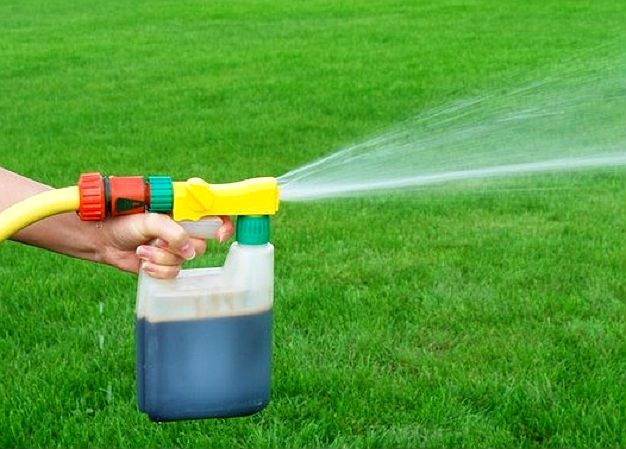Consider These Things When Choosing a Liquid Fertiliser
Liquid fertiliser is any type of liquid solution that is given to plants for feeding. Before you choose the liquid fertilizer that you think is best for your plants, keep in mind that different options should be utilized for different growth areas and plants. It is likely that the plants will be damaged or dead if inappropriate fertilizer is used. Avoid using excessively concentrated solutions as well. The most crucial factor to consider is the solution's NPK balance.
The NPK balance relates to the nitrogen, phosphorous, and potassium nutrients. These three nutrients are required for the production of any liquid fertilizer. However, each plant requires a varied concentration of NPK nutrients, which should be considered before using liquid fertilizer.
Nitrogen (N)
Nitrogen is considered to be particularly soluble, which means that it might be washed out of the soil if you overwater your plants. If you want to efficiently minimize nitrogen deficiency in your crops, consider utilizing nitrogen-rich feeds such as nettle-based feeds and grass clippings.
Phosphorus (P)
Phosphorus is another essential chemical element that most plants require in large amounts to survive. This particular element can help in the development of roots and branches. Plants suffer from phosphorus deficiency rarely; it can happen after heavy rains or if the plants are planted in clay soil. Consider adding blood and bone meal or fish to your feeds to resolve this issue and offer your plants the nutrients they need.
Potassium (K)
Potassium is another important nutrient for the management of water absorption as well as the photosynthesis process. Because plants use photosynthesis to turn sunlight into food and fuel, it is essential that each plant gets the amount of potassium that it requires. Potassium promotes healthy fruiting and flowering in a variety of plants.
PH Levels
When looking for the best liquid fertilizer for your plants, the pH levels of the fertilizer must be proper. Because the soil already has its own pH level, the fertilizer must have a specified pH level. Plants may not grow properly if the nutrients are too acidic or alkaline.
So, these are the important things to look at when choosing liquid fertilizer's.




Comments
Post a Comment